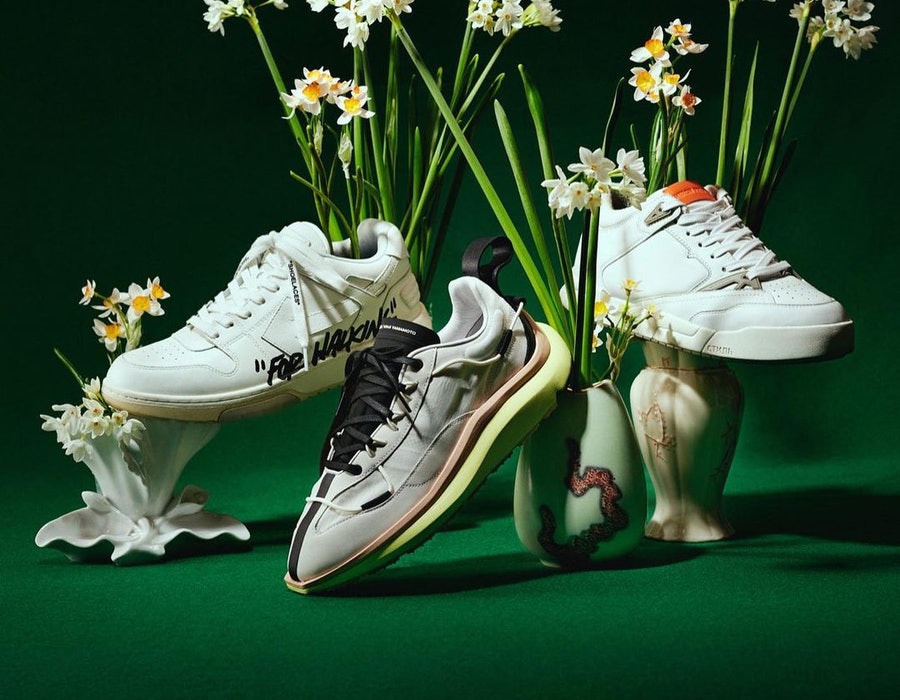Are sugarcanes the new crucial among the materials needed for making sneakers of the future? Are plastic soles finally on the verge of a goodbye? Sugarcane as a new natural material and a renewable resource, which is also turning into a major manufacturing element for one of the world’s most contaminating industries, could be an answer to all this. Fashion brands, by gradually pivoting to sugarcane, are seeking to reinvent themselves to lessen their impact on the environment. They see enormous potential in the material that can put the use of plastic in our shoes to an end.
Took years and decades and sugarcanes have finally moved beyond the brown and white sugars used to make mouth-watering delights. Now, the plant grown all across the globe is gaining credibility as a sustainable alternative to several polluting substances, such as rubber and plastic.

Several big names in the sector are turning to not only sugarcane but also apples or grapes as an alternative to materials such as leather or the PVC used in making outsoles of shoes. Innovating and reinventing traditional methods, industry giants are showing a preference for the use of sustainable materials over materials that are less respectful of the environment.
One of the growing brands in the field, Allbirds, is moving ahead with a mission of becoming, at the very least, carbon-neutral, and to offer sneakers made of all-natural materials, all without compromising on performance and quality. And with flying colours, the brand seems to have met this challenge.
Like many other labels, Allbirds has also taken sugarcane as a key material in designing its sneakers, especially in the making of its sweet foam sole. The technology led to the formation of the basis of the collaboration between Adidas and Allbirds “FutureCraft FuturePrint”, the first of its kind low carbon sneaker.
Just like this San Francisco-based brand, many others are also looking for this all-natural, low-carbon component. Having opted particularly for the soles, the material helps to bring down the environmental impact each pair produces. According to The Ubac brand, which uses recycled wool in its sneakers, and sugarcane in its outsoles says the bio-sourced material has “excellent technical properties such as lightning, resistance and cushioning”.
Brands like Veja, Timberland, and UGG seem to share the same point of view, as all of them have launched models, made somehow or the other, from sugarcane. A trend that shows how the plant holds some environmental qualities which can bring a healthy, eco-friendly change in the industry.
The textile industry is also not unknown and untouched by the benefits of sugarcane. The Picture brand showed us by recently presenting the first ski jacket, and they based the technology used on bio-sourced fibres, from sugarcane waste. This is proof that the clothing industry can also reap the benefits of the plant in its design and manufacturing. We’re still optimistic of to what extent the natural component can come in handy for the industry, and if, in the long run, the transition can bring an end to the use of plastic in the apparel industry.
Tazeen Ansari

